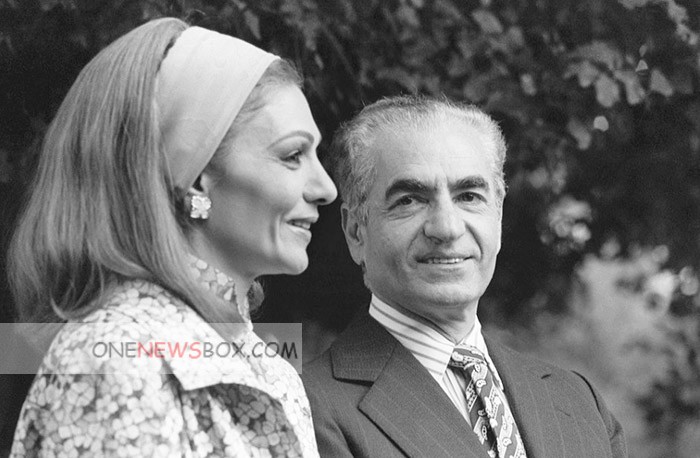During his final months in Cairo, Mohammad Reza Pahlavi continued to write and reflect. In his last interviews and personal notes—later published in Answer to History—he defended his record as ruler, acknowledging mistakes but rejecting the idea that his reforms had failed. He saw himself as a monarch misunderstood by his people and abandoned by his allies. He wrote about transformation under his rule—the expansion of education, infrastructure, and women’s rights—and expressed sorrow that these achievements were overshadowed by political unrest and propaganda.
Yet, in the quiet of Cairo, his tone grew more introspective. “History will judge,” he wrote, “and perhaps, in time, justice will be done not to me, but to the truth.” Friends who visited him during this time, including close associates and members of the Egyptian court, noted that he often spoke of his longing to see Iran again, even for a single day. But that wish, like his empire, remained out of reach.

